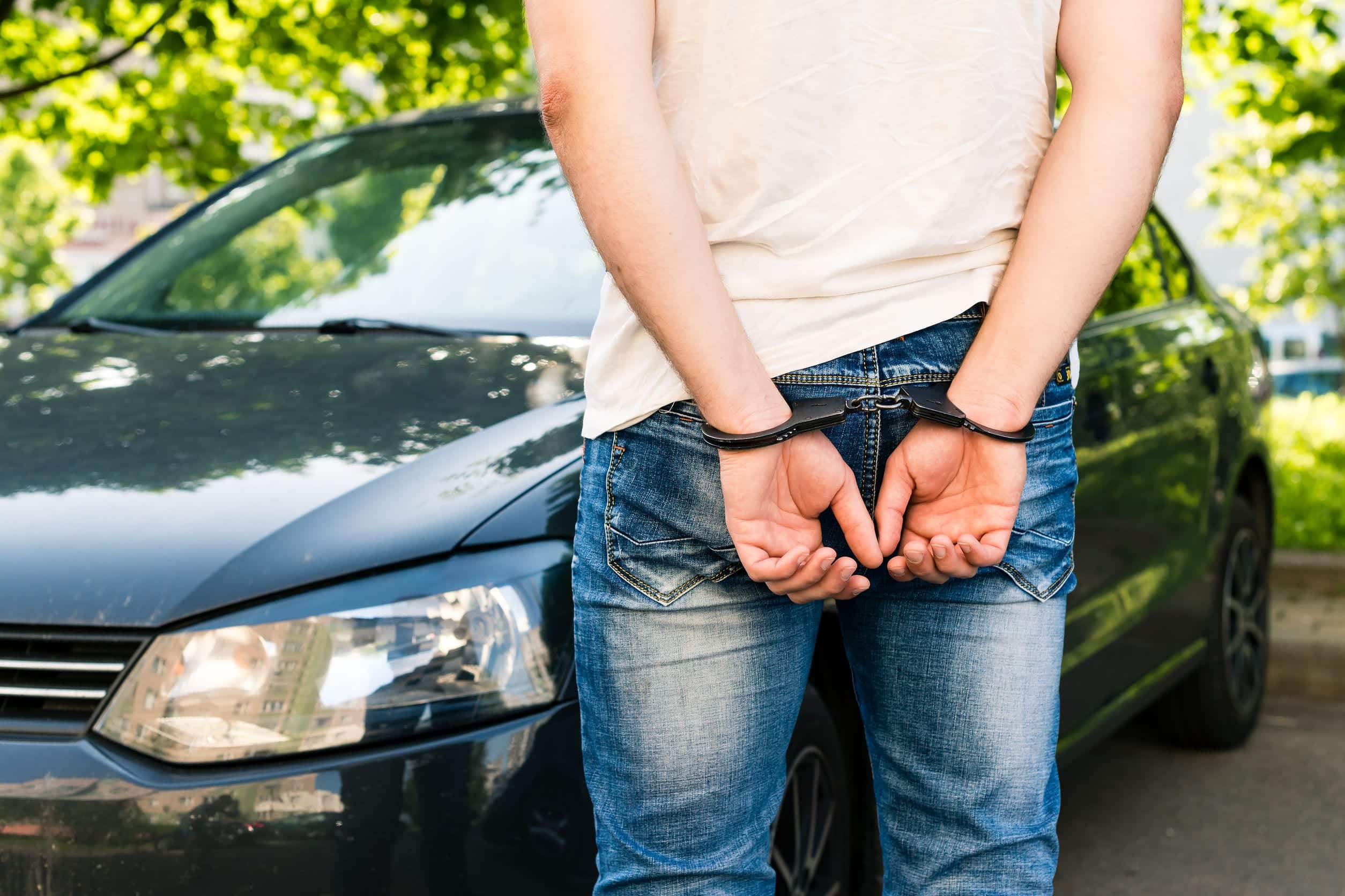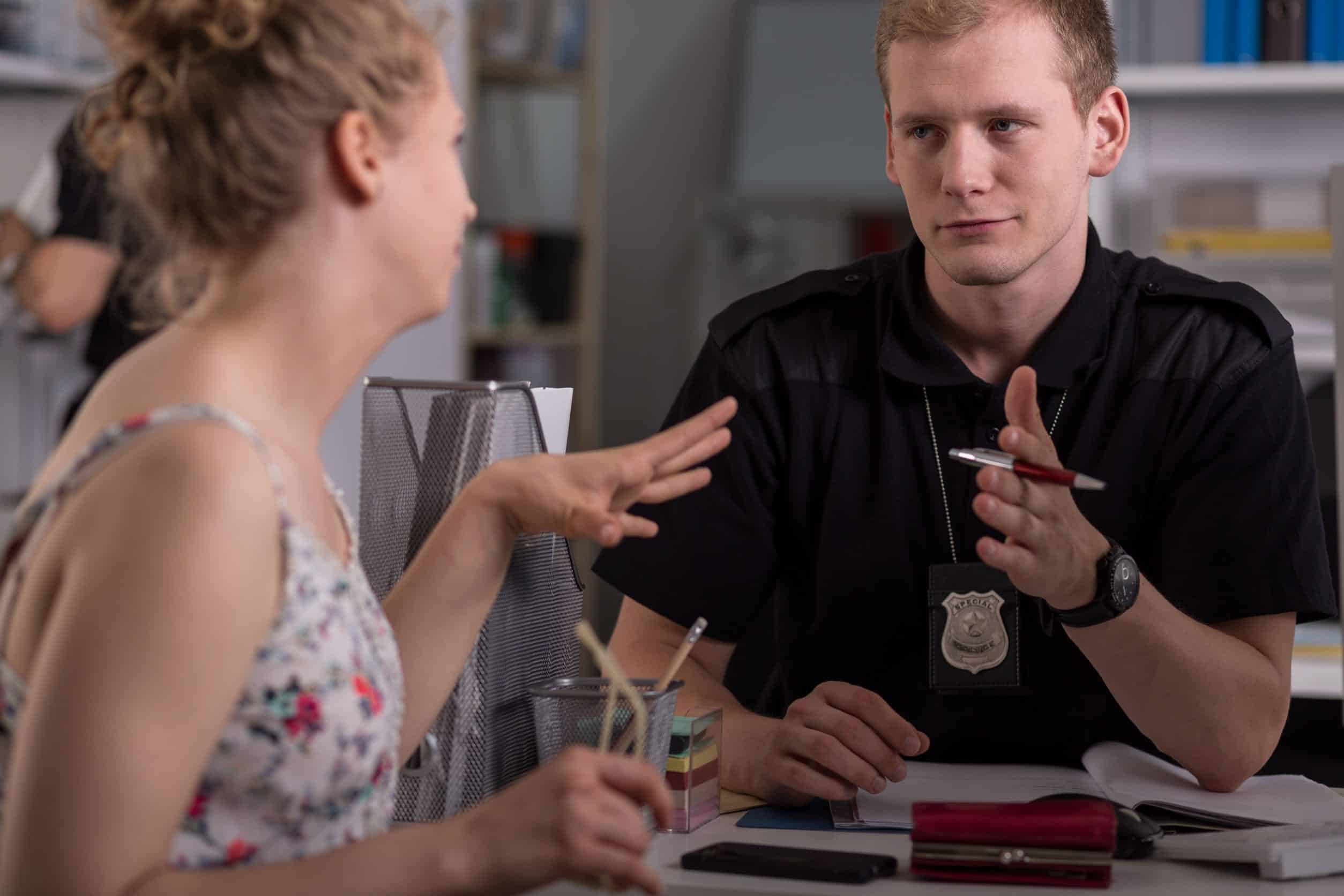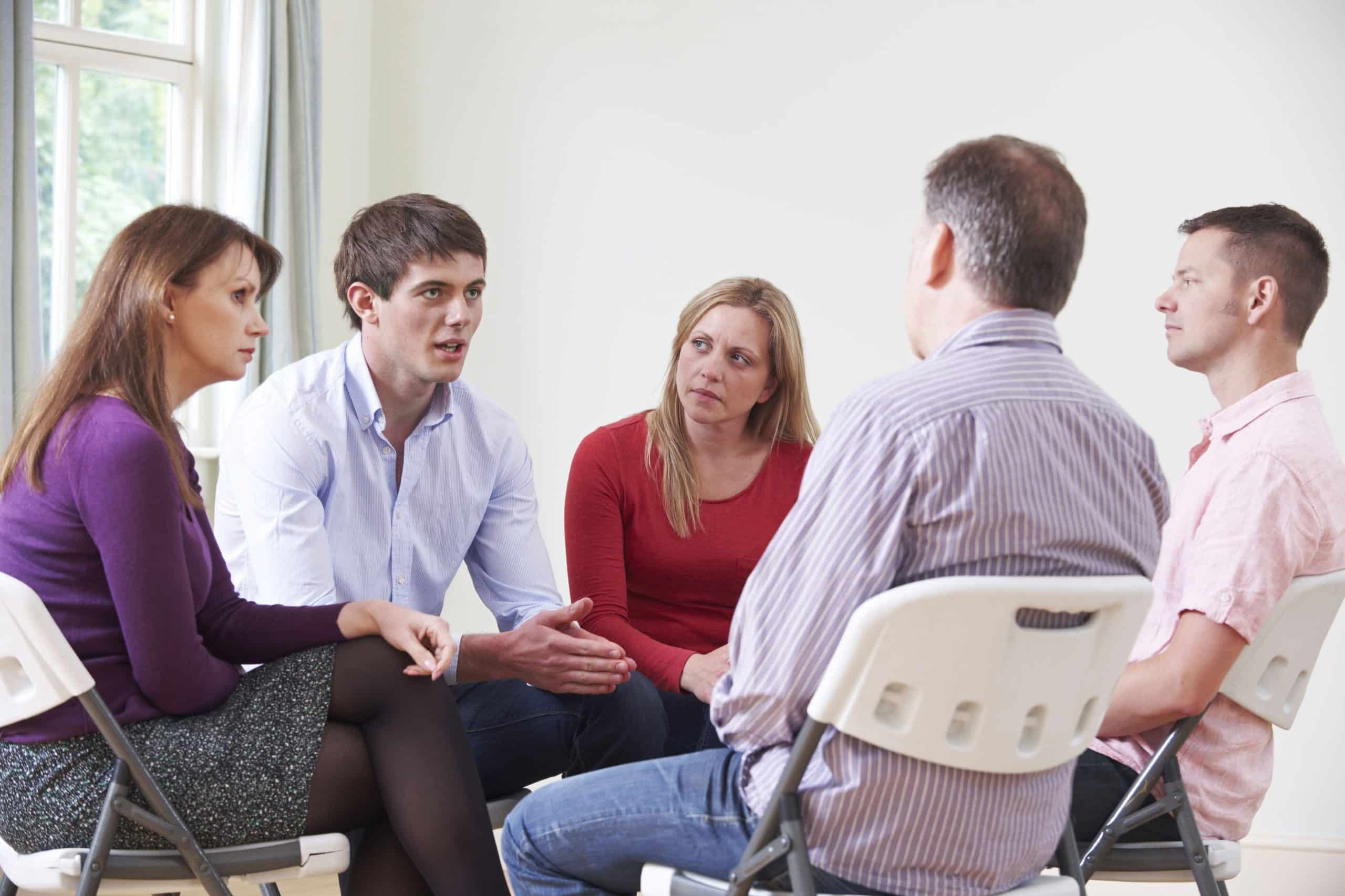- Home
- THE FIRM+
- Criminal Defense+
- CASE RESULTS
- AREAS WE SERVE+
- FAQ’s
- Blog
- Contact
AZHARI LLC BLOG

Posted By: Sami Azhari
Category:
If your child is arrested for an offense in Illinois, you are likely facing many difficult emotions and have all kinds of questions. In this post, we’ll tell you how our state handles juvenile crime, and what to do (and what not to do) if your child is arrested.
Juvenile Crime Laws in Illinois
Illinois juvenile law aims to protect the community and hold juvenile offenders accountable for their actions, while also seeking to rehabilitate rather than merely punish. Accordingly, the law also sets up programs for the rehabilitation and training of juveniles to become responsible and productive citizens. As part of this, the state permits a juvenile’s family to be included in the management of the case.
Illinois defines a delinquent minor as any child younger than age 18 who violates or attempts to violate any municipal, county, state, or federal ordinances or laws. The Illinois Department of Juvenile Justice oversees juvenile cases.
Juvenile offenses are handled in juvenile court rather than the adult criminal court system because juvenile crimes are considered “delinquencies” and treated as civil, rather than criminal, cases. Depending on the sentencing that results, juveniles can be released to their own homes or referred to diversion programs, residential treatment facilities, detention homes, or foster care.
Juveniles will not be prosecuted in criminal court unless they are at least 16 years old and charged with one of the following offenses:
- First degree murder
- Aggravated criminal sexual assault
- Aggravated battery with a firearm
A knowledgeable Chicago juvenile crimes attorney will understand how to work within the system to minimize your charges and potential consequences, including requesting a hearing before the trial so that certain provisions can be granted. The court will consider factors like the minor’s age, previous delinquent or criminal history, previous history of abuse or neglect, mental health history, educational history, and whether the offense was violent in nature. Based on the findings, the judge may refer the minor to a diversion program or deferred sentencing.
What Not to Do if Your Child Is Arrested
Juveniles are known to be lacking in sound judgment and decision-making skills because their brains are still developing. Sometimes they make honest mistakes that get them in trouble with the law.
If you’re dealing with a first-time arrest of your son or daughter, your head is likely spinning, and this can cause you to make bad decisions as well. Here are some tips on what not to do after your child is arrested.
Don’t assume they can just post bail.
Minors have no right to bail like adults do. The judge can hold them for as long as he or she deems necessary.
Don’t argue with police.
The police have a job to do: preserve order. They are not necessarily on your side, and you must show respect or you could make the problem worse.
Don’t assume your child is innocent.
Your child may have been falsely accused and truly be innocent. However, it’s also possible that he or she really did commit an offense, perhaps due to poor judgment, bad influences, or simply a wild urge.
What to Do If Your Child Is Arrested
Now that you know what not to do, here’s a list of things you should do after your child is arrested.
Know their rights.
Your child has the right to a phone call after his or her arrest. Your child also has a right to an attorney and the right to know what charges he or she is facing. In court, your child has the right to cross-examine and confront any witnesses. Your child cannot be convicted unless the charges are proven to be true beyond a reasonable doubt.
Stay calm.
While this is obviously easier said than done, during the arrest, questioning, and trial, you’ll do yourself proud (and likely help your child’s case) by maintaining a calm and professional demeanor. Your child needs your sound judgment, not the torrent of emotions you may be feeling.
Get support for yourself and your family.
If the case goes to trial, it will be a large time commitment. You will need to make arrangements for any other children you have as well as your household. Don’t be afraid to ask for help. Also, visit Centerforce1.org for a listing of support groups for parents dealing with juvenile delinquency issues. Having a child in these situations can be very stressful, and you can gain strength from others who have dealt with similar issues.
Meet with a counselor.
You may be experiencing a range of difficult emotions, such as guilt, anger, sadness, and grief. A professional therapist or counselor can help you sort through your emotions so you can be stronger throughout the process.
Consult with an experienced attorney.
Having a child arrested can be a huge challenge to overcome – both emotionally and legally. An experienced Illinois juvenile delinquency attorney with a strong track record of success will be able to work with you to minimize long-term effects and produce a positive outcome for your child. Call today for a free, confidential case review.
About the Author
Sami Azhari has been working as a lawyer since 2007, after receiving his Juris Doctor from the Michigan State University College of Law. He has handled numerous state and federal cases, and is known throughout the Chicago and Rolling Meadows area for providing his clients with high-quality, skilled representation. He has been recognized by SuperLawyers, the National Trial Lawyers Association, and other notable organizations, and has spoken at a number of legal conferences.



























































